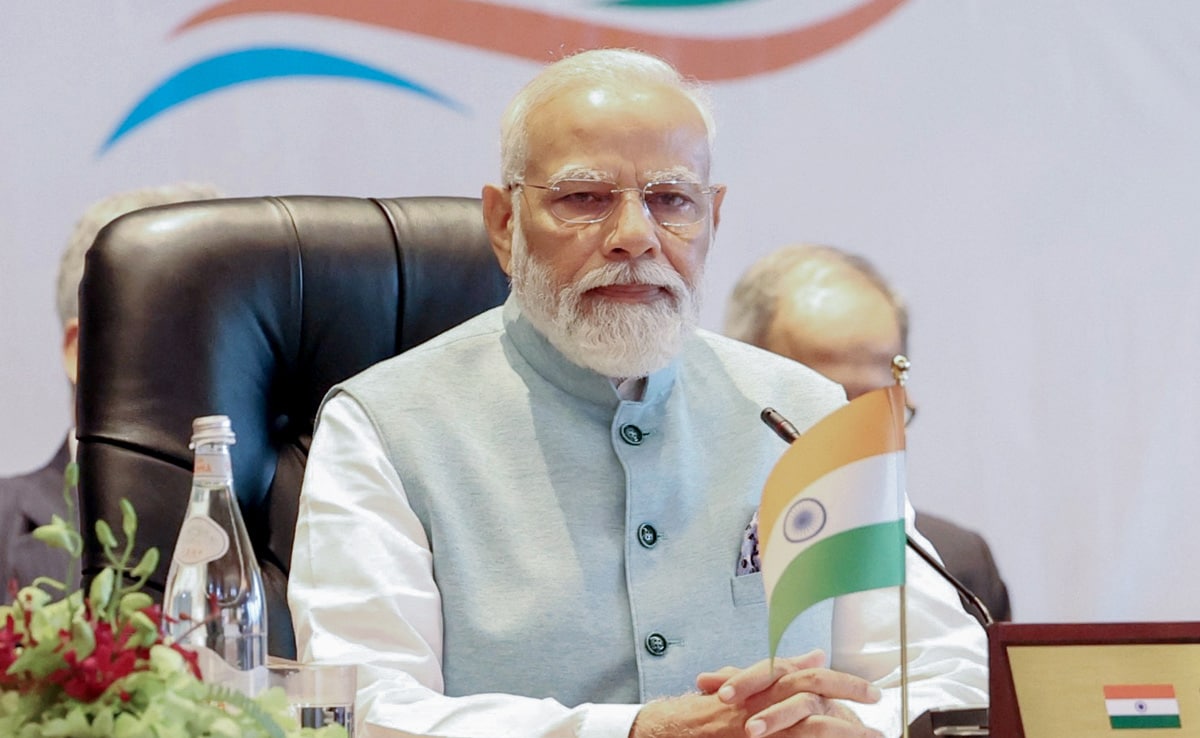The opinion is split on the government’s handling of China.
Under Prime Minister Narendra Modi’s leadership, India’s global stature has grown significantly, positioning it as a world leader, a majority of respondents have said in a special NDTV survey in collaboration with Lokniti-Centre for the Study of Developing Societies (CSDS).
Most people also believe that India is now the world’s most attractive investment destination, reveals the survey, “Public Opinion”.
The survey assesses the public mood as PM Modi completes nine years in power this month and prepares for a series of polls including the national election next year. The survey was conducted across 19 states between May 10 and 19, just after the Karnataka election in which the ruling BJP lost to the Congress.
As many as 63% of the respondents believed that India’s global stature has grown under PM Modi’s leadership. Around 23% did not agree. 14% did not respond to the question.
On whether India is now the most attractive investment destination globally, 55% of respondents agreed, while 27% differed.
As many as 59% of the people surveyed believed that India’s cultural capital has grown. Almost the same number (54%) say India is now a world leader under PM Modi’s leadership. Some 27% do not share that view.
The opinion is split on the government’s handling of China, with 29% rating it as “good” and almost an equal section (28%) calling it “bad”. Around 13% feel the government did an average job.
As for the government’s handling of Pakistan, nearly a third of the respondents (30%) said it is bad, and 28% say it was good.
Though 47% have given a high rating to the government’s development work, concerns remain over unemployment and price rise.
The government is rated critically on how it handled inflation, with 57% giving a thumbs down and 33% expressing their approval.
The respondents were also asked to share their economic condition in the last four years. 35% said they were better off while 42% said their economic status was unchanged. 22% said their economic situation had worsened in the past few years, which also includes the Covid period when lockdowns and job losses hit lakhs of people.
The number of respondents who believed their condition had improved was more in urban areas (40%) than in rural (33%). More people in villages (43%) said their economic state remained unchanged, compared to their urban counterparts (40%). More in villages (23%) said their condition had worsened, than in cities (18%).
According to the survey, unemployment is the biggest issue confronting the country today (29%), followed by poverty (22%), inflation (19%), and corruption (5%). Though the economic downturn is a global concern, India has fared somewhat better, with the International Monetary Fund describing it as a “bright spot in the global economy”.
Who has benefited most from the government’s development focus? 38% believe everyone has, while 36% say only the wealthy have. 18% say “no one”.
Did the government handle farmers’ issues well? 46% scored its performance as “bad” and 39% said it was good.
The survey also asked whether a “Double Engine Sarkaar (government)” – at both the Centre and state – really benefits states, as has been the campaign strategy of the BJP in various polls. Only a fifth of the respondents (20%) believe that it does, while 16% disagree.
As many as 57% of the respondents said populist policies are essential for the poor, while 30% said they burden the economy.
Lokniti-CSDS carried out the survey with 7,202 respondents spread across 71 constituencies.







